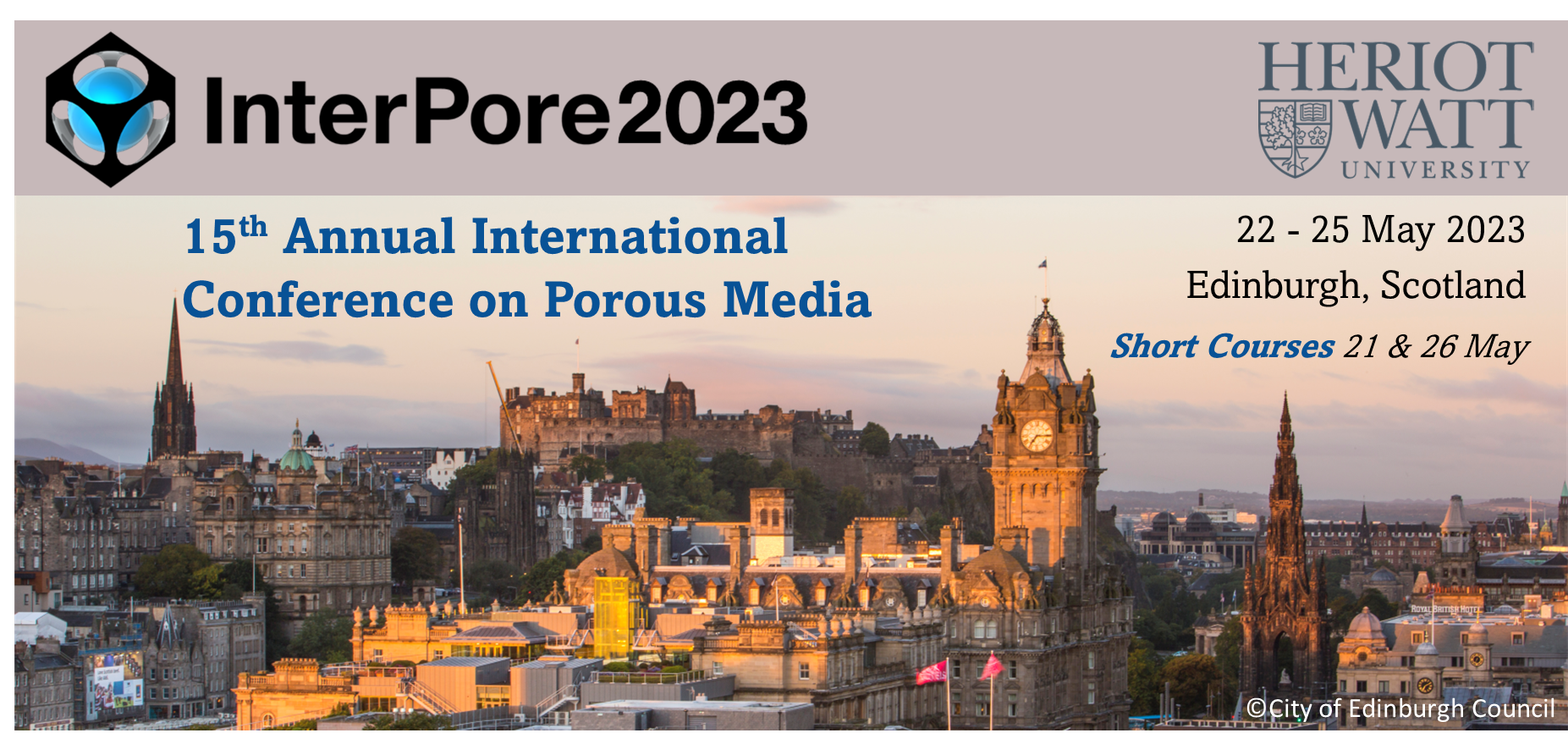Speaker
Description
As the world continues to develop in a worsening climate crisis, greener alternatives to cement-based grouting must be implemented. Biological calcium carbonate precipitation methods such as Microbially Induced Carbonate Precipitation (MICP) show promise as alternative grouting strategies, but their biological nature lends itself to issues concerning environmental sensitivity and limited CaCO3 yield. This research aims to remedy that by developing a novel carbonate-based grouting strategy based entirely on inanimate physicochemical processes.
CTCCP utilises “dry solution” colloidosome technology to allow for the controlled delay of simple CaCO3-precipitating reactions for use in ground stabilisation. The reagent solutions are emulsified in the air using hydrophobic fumed silica, forming micro-scale colloidosomes that take the form of a dry powder. These powders can then be mixed thoroughly without any contact between the reagents, delaying the reaction. Once transported via a suitable carrier fluid to the area designated for grouting, the colloidosomes can then be released by initiating a reaction which disables the hydrophobic surface treatment of the colloidosomes. The reagents are then free to react and precipitate CaCO3, grouting the target area.
At this early proof-of-concept stage, we have shown that colloidosomes can be synthesised via standard and novel synthetic processes, the latter of which may help with optimising the technology. We have also shown that a range of water-soluble, CaCO3-precipitating reagents can be encapsulated at a variety of concentrations, and that the colloidosomes can be released by both mechanical force and chemical reaction.
| Participation | In-Person |
|---|---|
| Country | Scotland |
| MDPI Energies Student Poster Award | Yes, I would like to submit this presentation into the student poster award. |
| Acceptance of the Terms & Conditions | Click here to agree |







